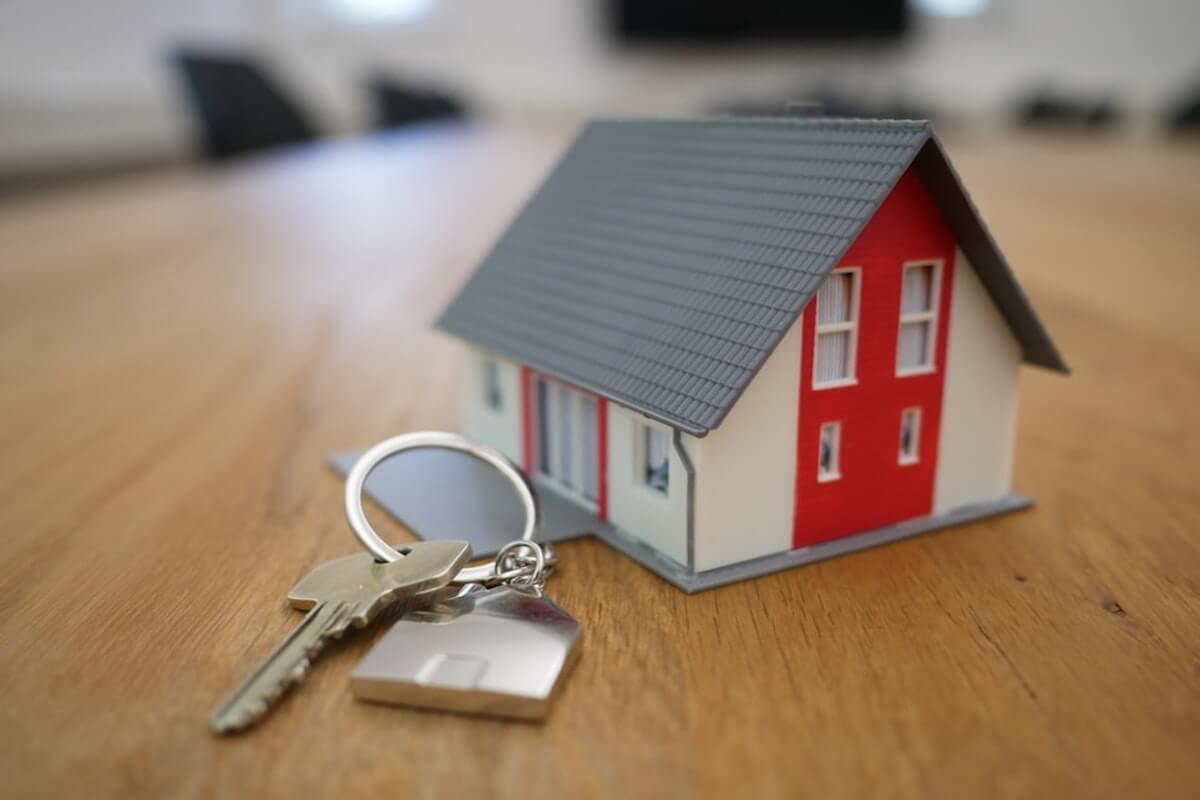Money is usually the first thing on house hunters’ minds when it comes to buying a house. How much is it going to cost? What will need to be paid upfront? How much do I need to save?
So, to hopefully clear up some of these unanswered questions, we’ve put together the seven main costs involved when buying a house:
1. Deposit
The first thing you need to be able to buy a house is the deposit. Whether you’re a first-time or second-time buyer, on average you’ll need between 5% and 20% of the purchase price. The bigger the deposit you can pay the better, as it may result in lower interest rates on borrowing for your mortgage.
For buyers who are selling their house, the funds from the sale should cover the deposit for the new property.
2. Stamp duty
Stamp duty which is a government tax paid on homes over £125,000, is a cost that most home-buyers have to endure. It is paid to your solicitor, who will then pay it to HM Revenue & Customs when your property completes.
First-time buyers that are buying a home worth up to £500,000, do not pay stamp duty on the first £300,000. If you’re wondering how much stamp duty you pay, here are the calculations:
- For the first £125,000 the rate is 0%
- From £125,001 to £250,000 the rate is 2%
- From £250,001 to £925,000 the rate is 5
- From £925,001 to £1,500,000 the rate is 10%
- From £1,500,001 and upwards the rate is 12%
3. Valuation fee
This is something that your chosen mortgage lender will require you to take out. It’s a 15-30 minute survey, to give them assurance that the property is worth the amount they are going to lend you. Sometimes this can be free, but if they charge for the service, it may be between £150-£400 – and is based on the property’s value. It’s important to know that the lender’s valuation is not the same as a full structural survey, so it may not identify all the repairs or maintenance that might be needed.
4. Survey fee
So, even though the mortgage lender does not carry out a survey to determine the conditions of the home and what potential issues you might face, it’s important to have one. There are different types of house surveys, so be sure to do your research beforehand. Prices can range from £250 for a basic home condition survey, to £600+ for a full structural survey.
5. Legal fees
When buying a home, you’ll need a solicitor to carry out all the legal work. On average, the fees usually total £850-£1,300. This amount will depend on the purchase price and whether the property is freehold or leasehold.
For this sum, a solicitor will also carry out local searches to check the area, register the property with The Land Registry and carry out the electronic money transfer from the lender.
6. Ongoing costs
There are a number of ongoing costs to think about, well-before buying a house.
One of the biggest factors to consider is the cost of utilities, such as gas, electric and water bills. TV packages, licence and broadband packages can also add up.
Council tax is another substantial fee. The amount you pay is based on where the property is located and the valuation band it is in. This can usually be paid annually, every six months or monthly.
It is worth making a spreadsheet with all of these fees and calculating your expected monthly/yearly ongoing costs, to figure out if you can afford to live there, before putting in an offer.
7. Insurance
Protection insurance is also vital to budget for when buying a property. Your individual circumstances will dictate which policies are best for you, so if you have any questions then KB Mortgage Services can provide advice surrounding the right type of insurance for your property.
In this blog, we’ve outlined the six main types.
If you’re looking for a mortgage advisor/broker in the Huddersfield, Brighouse, Elland or surrounding areas, then get in touch for a no obligation consultation:
07834 818805
P.s. if you’re looking for some tips for becoming a better saver, this guide from Sainsbury’s Bank is full of simple steps and a 52-week challenge.
Approval no: Sol7891

